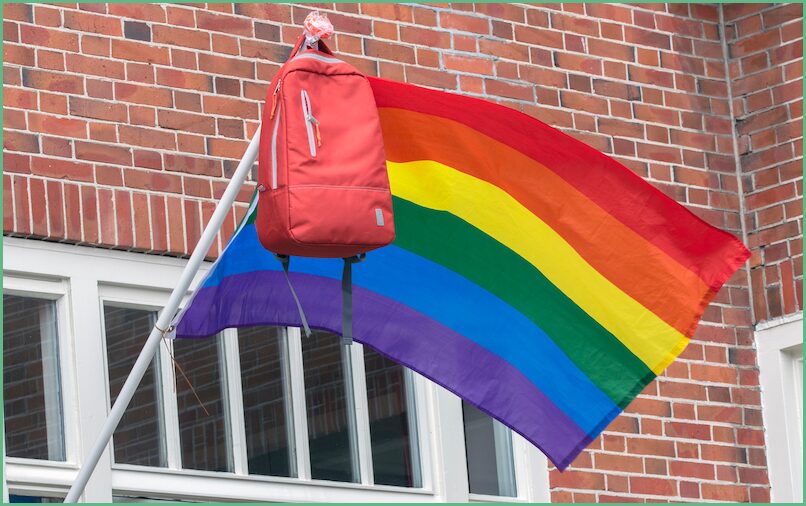Seattle Schools and the Question of Chest Binders and Student Care
A parental rights group says Seattle Public Schools encouraged gender-confused students to bind their chests or to use ‘tucking underwear,’ a claim that immediately set off alarm bells for many families. The allegation, if accurate, raises a basic question about who gets to make intimate choices for minors when school systems are involved. Parents across the city want clarity and straight answers from district leaders.
Many conservatives and parents see this as a test of parental authority, plain and simple. Schools exist to teach reading, writing and math, not substitute for medical guidance on children’s bodies. Where medical concerns are real, licensed professionals and parents should lead the conversation.
Chest binding and the use of ‘tucking underwear,’ are not new, and people pursue them for comfort, appearance or relief from dysphoria. Supporters say these measures can ease distress, but medical professionals warn of skin damage, breathing restriction and other risks when done without supervision. That means the involvement of qualified clinicians and informed consent matters.
School staff who encourage or hand out products like binders or tucking garments wade into medical territory. Parents worry these actions can happen without parental knowledge or consent. That worry drives calls for clear district policies and parental notification.
From a Republican perspective this is about clear lines: families make health decisions, schools support learning and safety. When those lines blur, trust breaks down and school boards should face tough questions. Simple transparency would defuse a lot of tension, notify parents, get consent and involve professionals.
Legal and ethical questions follow quickly, especially when minors are involved. How are these recommendations documented, who approves them, and what guidance do nurses and counselors follow? Voters and parents deserve to see those protocols laid out plainly.
Advocates for students will argue that schools must protect vulnerable kids and reduce bullying, and that’s a valid concern. But protection doesn’t require secrecy or bypassing parents, because parents are part of the safety net. If the district wants community support, it should publish its policies and let the public weigh in.
Seattle Public Schools owes residents an explanation that respects both student dignity and parental rights. Questions about what was offered, by whom, and under what rules need quick, public answers. The debate over chest binders and ‘tucking underwear,’ is now a local test of accountability.
Medical voices often warn that prolonged chest binding can lead to pain, restricted breathing, and skin damage, while improper tucking can cause irritation or infection. Those are not theoretical concerns for parents, they are practical risks that demand professional oversight. Schools that advise or provide gear should connect students with nurses and doctors, not make unilateral choices.
Policy should be written, public and enforceable, so parents know what happens in clinics and counseling rooms. Transparency protects students and preserves trust in public education. If Seattle leaders take this seriously they will publish guidance and invite community review.
District officials should hold a public forum and answer parents’ questions without delay. Voters will remember whether leaders shielded families or gave straight answers. This is about trust, safety and who gets the final say over children’s care.
